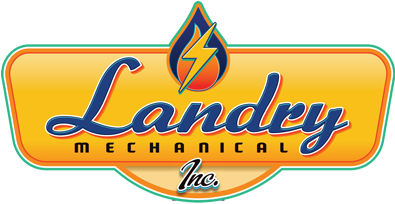As HVAC contractors, we answer a lot of questions about different air conditioning systems and plumbing systems. However, we will discuss the difference between a water heater and a heating pump that sometimes gets used interchangeably.
We do our best as HVAC contractors to inform our clients about each concern we are working on and details to be transparent with our clients, such as our ductless air conditioning service. Many brilliant homeowners have questions about the water heater and heating pumps if they are similar or different. As HVAC contractors, we are happy to share our knowledge to better the Westborough community. We have decided to outline the significant differences and information between the water heater and heating pump.
What is a Water Heater and a Heating Pump?
A water heater is essential to the healing process of water, not just for your shower and sink but also for your dishwasher and washing machine. It has a specific thermostat, so the water reaches a particular temperature, such as between 120-180 degrees Fahrenheit. This hot water is then used for different appliances in your home. At the same time, a heating pump redistributes thermal energy indoors and filters heat from indoors to outdoors. Through this method, a heating pump can create and lose the heart. Environmentally friendly, a heating pump is great to heat and cool your home using natural elements and powered by electricity, not fuel.
Major Differences With A Water Heater and Heating Pump?
The significant difference between a water heater and a heating pump is the appliances themselves. Many people believe a heating pump involves your water heater, but we would like to confirm they are two separate entities. A heating pump is part of the central heating and cooling system. In contrast, water heaters conduct heat for their water from the gas burners or electric heating rods. Though they may be similar using heat, they function as different entities and serve different purposes in your home.
